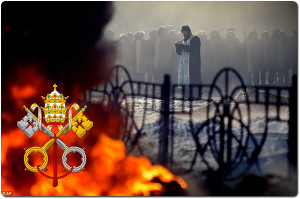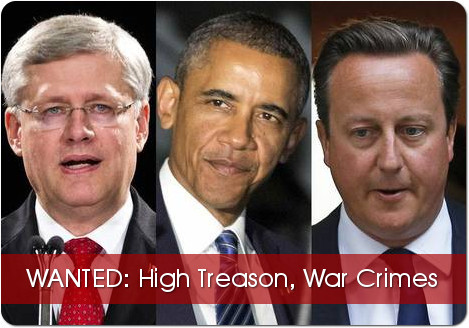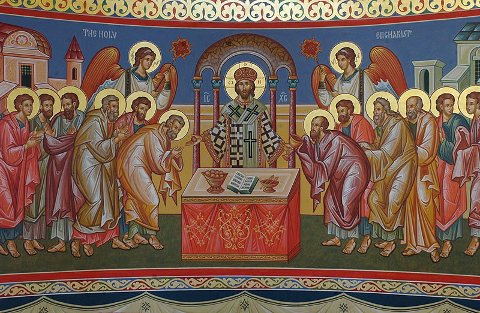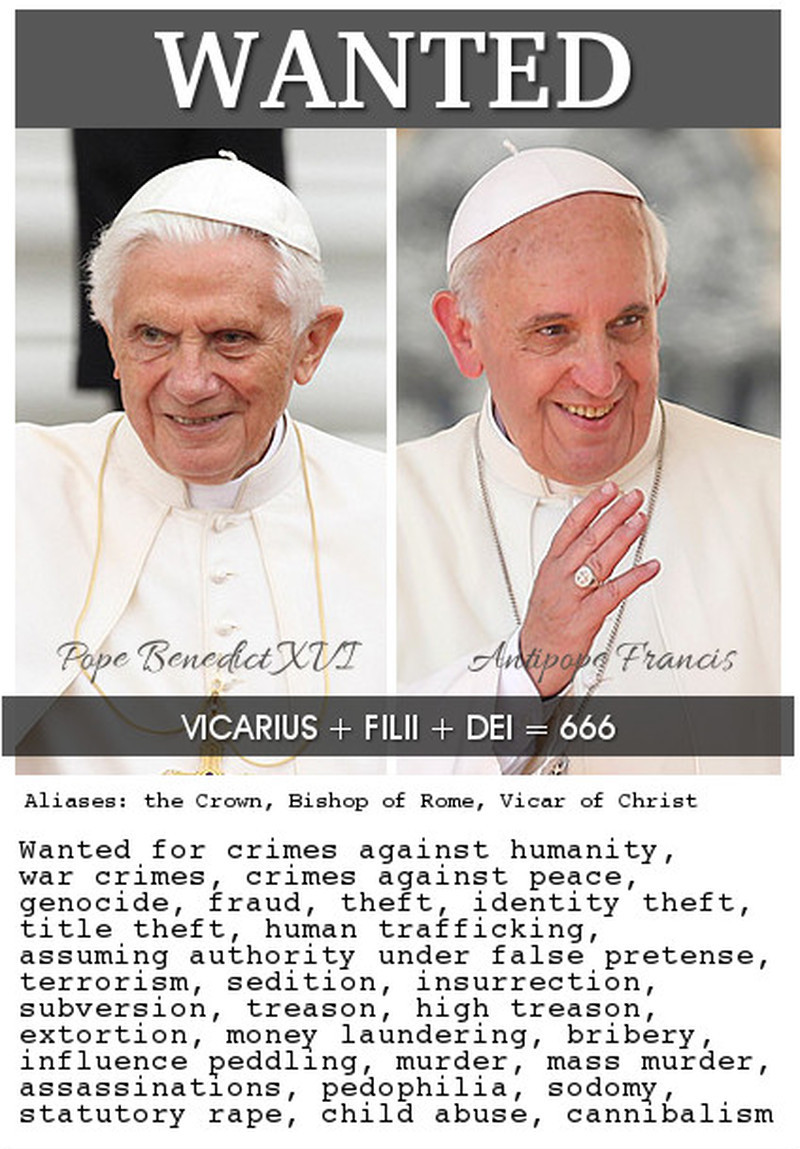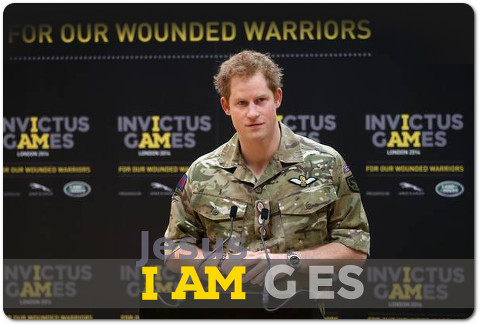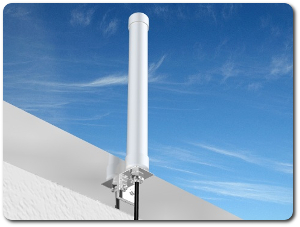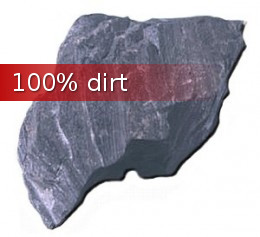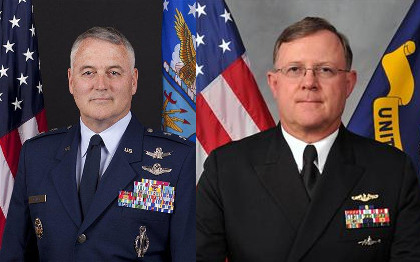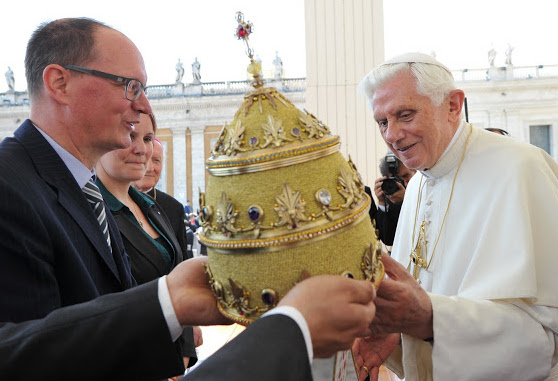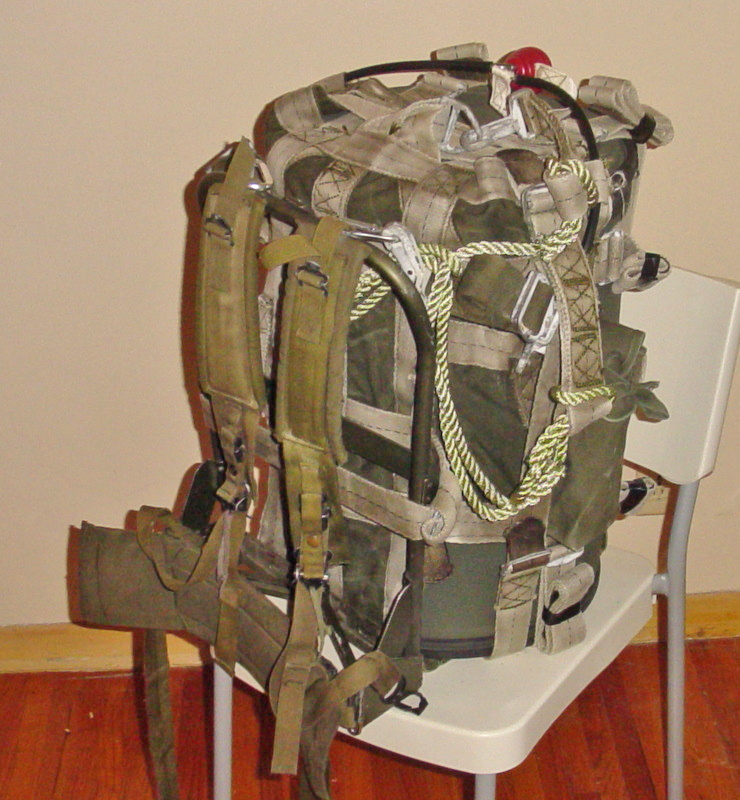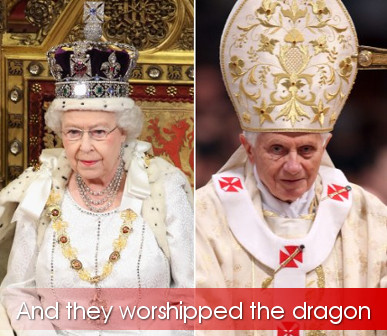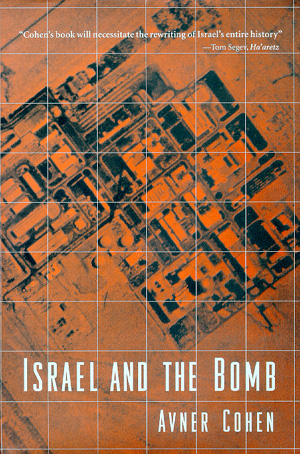International Criminal Court launches Afghan detainee torture investigation of Harper government
Latest news, World news Friday, January 7th, 2011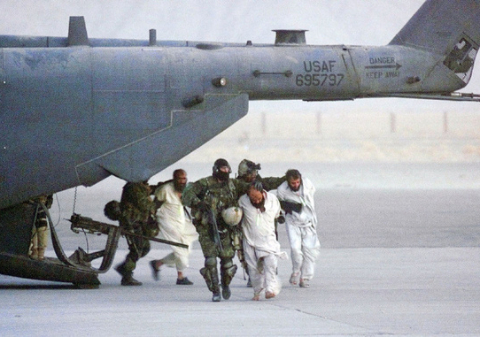
Members of Canada’s JTF2 unit escort three detainees across the tarmac at the airport in Kandahar, Afghanistan, on Jan. 21, 2002.
For all of you who may have missed perhaps the biggest news story in modern Canadian history, made public just before the Christmas holiday, the International Criminal Court has launched a preliminary investigation into Canadian complicity in the Afghan torture issue. For the good of Canada’s international reputation Canada needs to either be cleared or the guilty parties must be appropriately prosecuted.
The ICC is, according to their website:
“The ICC is a court of last resort. It will not act if a case is investigated or prosecuted by a national judicial system unless the national proceedings are not genuine, for example if formal proceedings were undertaken solely to shield a person from criminal responsibility. In addition, the ICC only tries those accused of the gravest crimes.”
In other words the ICC has launched an investigation because the Canadian government of Stephen Harper has been accused of the gravest crimes – war crimes. If the ICC wasn’t confident that a grave crime has been committed, by the current members of the Canadian government, no investigation would have been launched.
The Harper government and senior officials had been saying they had no credible reports that people detained by the Canadian Forces and transferred to Afghan authorities were being tortured.
While Chief of Defence Staff Gen. Walter Natynczyk revealed on Dec. 9, 2009 that such torture had, in fact, occurred in the past, government ministers say they were not aware of the reports. Further, they have not acknowledged they heard the widespread reports that Afghan authorities were abusing detainees.
Defence Minister Peter MacKay, Foreign Minister Lawrence Cannon and former defence minister Gordon O’Connor testified on the issue during a Special Committee on Afghanistan. During the meeting, Liberal Defence critic Ujjal Dosanjh noted that in international law, the legal threshold for the war crime of transferring into torture hangs on circumstantial evidence.
“International law is very clear,” said Mr. Dosanjh, a lawyer and former attorney general of British Columbia. “You need circumstantial evidence; you don’t need actual knowledge of any specific allegations, or actual knowledge of torture. There was substantial knowledge of torture in Afghan jails. Every kid on the ground knew that. All of the reports, national or international, knew that.”
University of Ottawa law professor Errol Mendes stated that the government’s oft-repeated line that there was no documented physical evidence of torture of Canadian-transferred detainees is a “detour,” which ignores the actual requirements of the law: circumstantial evidence that a risk of torture existed.
Having ratified the Geneva Convention, Canada incorporated the Geneva Convention’s principles into domestic law through the Crimes Against Humanity and War Crimes Act. Under this domestic law, Mr. Mendes said, the RCMP could investigate government officials.
Mr. Mendes said that for the “honour and dignity of Canada,” the government should call a public inquiry. Once the facts are out in public, he said, the RCMP could decide whether to charge officials, or whether the political consequences—for example, if a minister were to resign—were sufficient.
He added that jurisprudence holds that the responsibility for such transfers rests with those who authorized the transfer.
“While the front line soldiers may have done the actual transfer, the culpability actually lies at the civilian command level: The ones who set the framework in place,” Mr. Mendes said.
However, if the government’s refusal to launch a Canadian investigation continues, he said, that could open it up to international judicial systems.
The ICC said in a November interview with the Wall Street Journal that the ICC will not back down from prosecuting Western governments that are not holding their officials accountable for their actions.
The ICC’s chief prosecutor Luis Moreno Ocampo stated: “I prosecute whoever is in my jurisdiction. I cannot allow that we are a court just for the Third World. If the First World commits crimes, they have to investigate. If they don’t, I shall investigate. That’s the rule and we have one rule for everyone.”
Because the Canadian government refused to launch an inquiry the ICC has launched an official investigation into the Harper government’s complicity in the Afghan torture issue. The ICC is investigating the Harper government for war crimes.
Short URL: https://presscore.ca/news/?p=880

 The Halifax International Security Forum was founded in 2009 as a propaganda program within the German Marshall Fund (founded June 5, 1972 by West German Chancellor Willy Brandt) by the Crown in Canada using Crown Corp ACOA & DND funds. The Halifax International Security Forum is a front that is used to recruit top US, UK and Canadian gov and military officials as double agents for Canada's WWI, WWII enemy and wage new Vatican Germany Cold War.
High Treason: s.46 (1) Every one commits high treason who, in Canada (c) assists an enemy at war with Canada, ..., whether or not a state of war exists". Every one who, in Canada assists Canada's enemies wage "piecemeal WWIII" Cold War by organizing, funding and participating in the Germany government politically and militarily benefitting / lead Halifax International Security Forum is committing high treason.
The Halifax International Security Forum was founded in 2009 as a propaganda program within the German Marshall Fund (founded June 5, 1972 by West German Chancellor Willy Brandt) by the Crown in Canada using Crown Corp ACOA & DND funds. The Halifax International Security Forum is a front that is used to recruit top US, UK and Canadian gov and military officials as double agents for Canada's WWI, WWII enemy and wage new Vatican Germany Cold War.
High Treason: s.46 (1) Every one commits high treason who, in Canada (c) assists an enemy at war with Canada, ..., whether or not a state of war exists". Every one who, in Canada assists Canada's enemies wage "piecemeal WWIII" Cold War by organizing, funding and participating in the Germany government politically and militarily benefitting / lead Halifax International Security Forum is committing high treason.
 Please take a moment to sign a petition to
Please take a moment to sign a petition to 











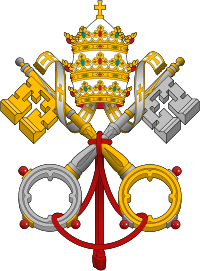






















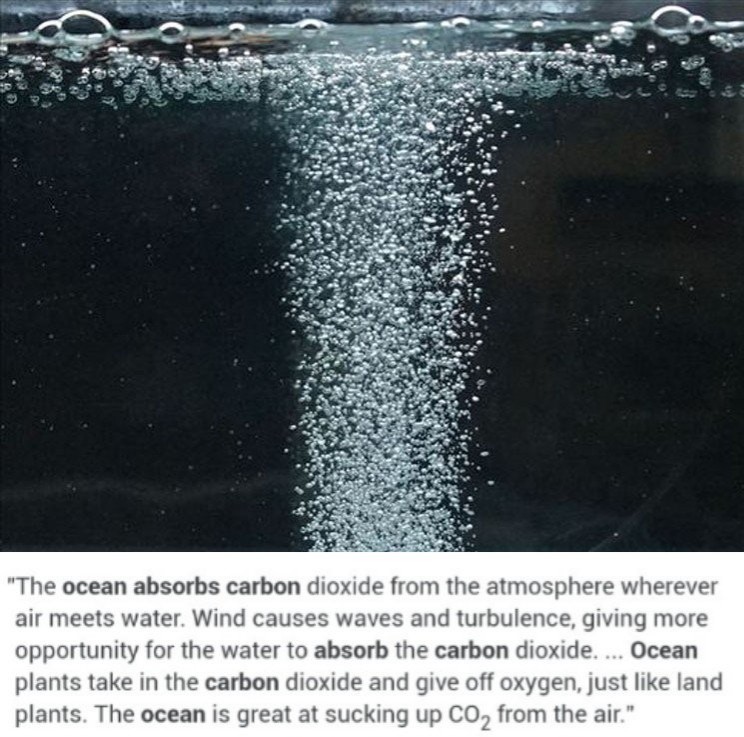
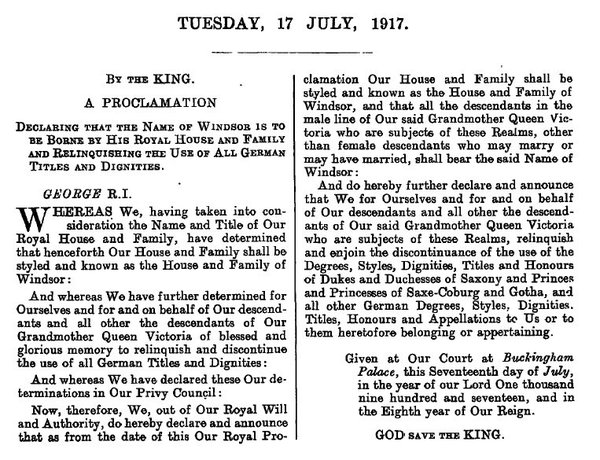




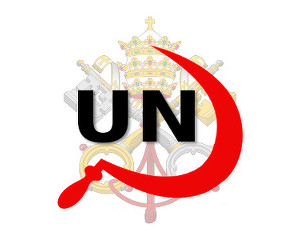
 1917 Code of Canon Law, Canon 185 invalidates (voids) all papacies since October 26, 1958 due to the fact Cardinal Giuseppe Siri was elected Pope on the Third ballot on Oct 26 1958 but the new Pope Gregory XVII was illegally prevented from assuming the office. A Pope was elected on October 26, 1958. Thousands of people witnessed a new Pope being elected by seeing white smoke and millions were informed by Vatican radio broadcasts beginning at 6:00 PM Rome time on October 26, 1958. The papacy of Francis, Benedict, John Paul II, John Paul I, Paul VI, John XXIII and any and all of their respective doctrines, bulls, letter patents and the Second Vatican Council are all invalidated (having no force, binding power, or validity) by Canon 185 because the 1958 conclave of cardinals elected Cardinal Giuseppe Siri Pope on Oct 26 1958. Cardinal Giuseppe Siri accepted the papacy by taking the name Pope Gregory XVII but was illegally prevented from assuming his elected office.. According to Canon 185 Cardinal Angelo Giuseppe Roncalli illegally assumed the papacy 2 days later by fraud and grave fear, unjustly inflicted against Cardinal Giuseppe Siri who was lawfully elected Pope Gregory XVII. Because no Pope has been lawfully elected since October 26, 1958 the Holy See (la Santa Sede/Seat) remains vacant.
1917 Code of Canon Law, Canon 185 invalidates (voids) all papacies since October 26, 1958 due to the fact Cardinal Giuseppe Siri was elected Pope on the Third ballot on Oct 26 1958 but the new Pope Gregory XVII was illegally prevented from assuming the office. A Pope was elected on October 26, 1958. Thousands of people witnessed a new Pope being elected by seeing white smoke and millions were informed by Vatican radio broadcasts beginning at 6:00 PM Rome time on October 26, 1958. The papacy of Francis, Benedict, John Paul II, John Paul I, Paul VI, John XXIII and any and all of their respective doctrines, bulls, letter patents and the Second Vatican Council are all invalidated (having no force, binding power, or validity) by Canon 185 because the 1958 conclave of cardinals elected Cardinal Giuseppe Siri Pope on Oct 26 1958. Cardinal Giuseppe Siri accepted the papacy by taking the name Pope Gregory XVII but was illegally prevented from assuming his elected office.. According to Canon 185 Cardinal Angelo Giuseppe Roncalli illegally assumed the papacy 2 days later by fraud and grave fear, unjustly inflicted against Cardinal Giuseppe Siri who was lawfully elected Pope Gregory XVII. Because no Pope has been lawfully elected since October 26, 1958 the Holy See (la Santa Sede/Seat) remains vacant.
 Hold the Crown (alias for temporal authority of the reigning Pope), the Crown appointed Governor General of Canada David Lloyd Johnston, the Crown's Prime Minister (servant) Stephen Joseph Harper, the Crown's Minister of Justice and Attorney General Peter Gordon MacKay and the Crown's traitorous military RCMP force, accountable for their crimes of treason and high treason against Canada and acts preparatory thereto. The indictment charges that they, on and thereafter the 22nd day of October in the year 2014, at Parliament in the City of Ottawa in the Region of Ontario did, use force and violence, via the staged false flag Exercise Determined Dragon 14, for the purpose of overthrowing and besieging the government of Canada contrary to Section 46 of the Criminal Code. In a society governed by the rule of law, the government and its officials and agents are subject to and held accountable under the law. Sign the online
Hold the Crown (alias for temporal authority of the reigning Pope), the Crown appointed Governor General of Canada David Lloyd Johnston, the Crown's Prime Minister (servant) Stephen Joseph Harper, the Crown's Minister of Justice and Attorney General Peter Gordon MacKay and the Crown's traitorous military RCMP force, accountable for their crimes of treason and high treason against Canada and acts preparatory thereto. The indictment charges that they, on and thereafter the 22nd day of October in the year 2014, at Parliament in the City of Ottawa in the Region of Ontario did, use force and violence, via the staged false flag Exercise Determined Dragon 14, for the purpose of overthrowing and besieging the government of Canada contrary to Section 46 of the Criminal Code. In a society governed by the rule of law, the government and its officials and agents are subject to and held accountable under the law. Sign the online  Two of the most obvious signs of a dictatorship in Canada is traitorous Stephen Harper flying around in a "military aircraft" and using Canadian Special Forces "military" personnel from JTF2 and personnel from the Crown's traitorous martial law "military" RCMP force as his personal bodyguards.
Two of the most obvious signs of a dictatorship in Canada is traitorous Stephen Harper flying around in a "military aircraft" and using Canadian Special Forces "military" personnel from JTF2 and personnel from the Crown's traitorous martial law "military" RCMP force as his personal bodyguards.

